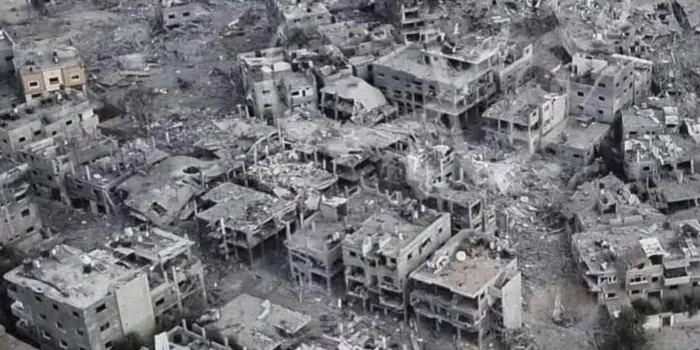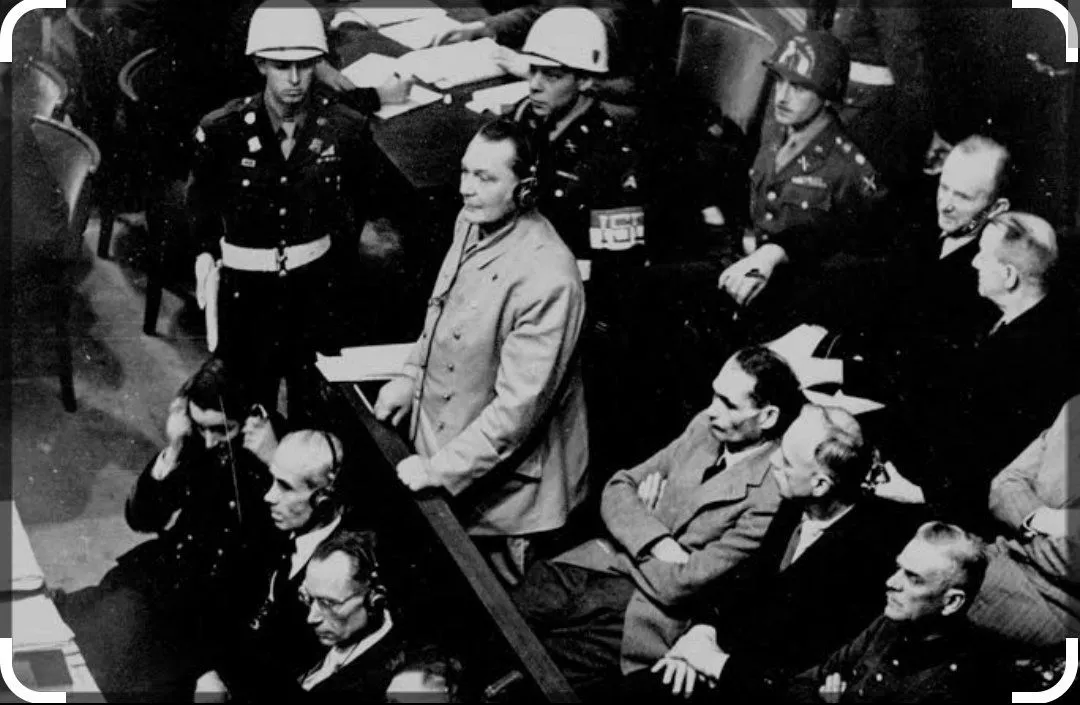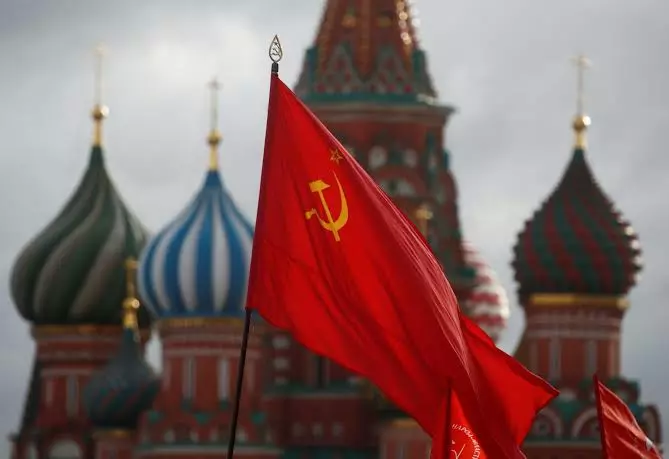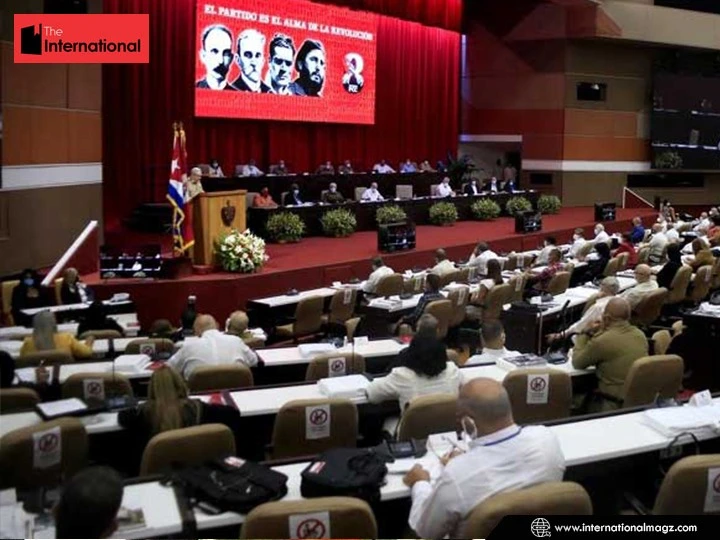October 7 marked the beginning of one of the deadliest phases in the war that the Israeli occupation forces are waging against the Palestinian people. This escalation was triggered in response to a lightning attack by Hamas, which for the first time briefly occupied Israeli border areas around the Gaza Strip. This caused the disorganization of the Israeli security apparatus along with human and material losses, including to the civilian population. As an immediate consequence, the Israeli destruction machine was set in motion; a machine that has since unleashed its genocidal fury on an enclave the size of the island of Montreal, cut off from the rest of the world.
For decades, the Israeli army has been known to sow death and devastation in its wake. What is new this time around however is the complete failure of the Israeli intelligence apparatus, widely regarded as one of the most effective in the world, and especially in the region. How could the Mossad fail to foresee an attack of this magnitude? And yet the impending Hamas offensive was reported to Israel by Egyptian intelligence a few days before October 7. This information was subsequently passed on to the Israeli media. But it seems to have been largely ignored. There is no doubt that the widespread internal unrest in the country has had a structural impact on the functioning of the security apparatus, an unrest which has been undermining Netanyahu's power for several years. As a consequence, this right-wing government, more controversial than it has ever been in the months preceding the Hamas assault, is now trying to exploit the situation with a risky escalation that could at any time spread from the Palestinian enclave.
Political Islam and the West: Decades of Honeymoon
Western governments have unanimously condemned the unprecedented scale of the Islamist assault by Hamas and its consequences. But the facts are stubborn and long documented: The United States and its vassals, including Israel, have always favored the forces of political Islam active in the Middle East and beyond.
Didn't they support the Muslim Brotherhood, of which Hamas is the Palestinian branch, in Egypt in the '50s and '60s to thwart Nasser's pan-Arabist government? Didn't they support the Islamist "freedom fighters" in Afghanistan in the 1980s in their struggle against the Democratic Republic of Afghanistan and the Soviets? Didn't they support Islamist militias in Libya and Syria in the early 2010s to overthrow Muammar Qaddafi and unsuccessfully attempt to wrest power from Bashar al-Assad? In China, hasn't the United States removed the Turkestan Islamic Party from its list of terrorist organizations in 2020, despite its involvement in the worst atrocities during the Syrian civil war and its ultimate goal of creating a theocracy in the Chinese province of Xinjiang? In short, the West’s two facedness, with one hand condemnation, and on the other its expressions of compassion, is a long-held tradition of hypocrisy.
The Universalism of the Palestinian Cause
This objective support for political Islam is designed to recast the Palestinian cause as an identity-based struggle between Jews and Muslims in the best interests of the State of Israel, while people around the world have never been more united in its support towards Palestinian liberation. The upsurge of anti-Semitic and anti-Muslim acts in Western countries goes hand in hand with this Manichean vision of a struggle that remains above all a war of national independence between the colonized and the colonizers, contrary to Netanyahu's assertions that “it is a struggle between the children of light and the children of darkness, between humanity and the law of the jungle.”
Isn't the aim of attacking Jewish populations in this way to discredit the legitimate struggle of the Palestinian people and to prohibit all forms of support for this cause in Western countries? Isn't the aim to increase the sense of insecurity of this population and consequently to drive them to embrace Zionism? Certainly!

But the universalist dimension of the Palestinian cause cannot be dismissed. The Palestinian people's struggle cannot be separated from the struggle against imperialism, which is a world system whose outpost in the Middle East is Israel. The Palestinian people will never be completely free as long as there is colonial domination in the world. More precisely, the Palestinian people will never be free as long as their brotherly Arab nation of Western Sahara does not gain independence and as long as it suffers under the yoke of the retrograde Moroccan monarchy, a servile ally of the State of Israel.
From a unipolar to a multipolar world
There is no denying that, given the ongoing tragedy in Gaza, it is difficult to imagine a positive outcome for the Palestinian people in the short term. However, in the medium and long term, there is every indication that the situation could change rapidly. After nearly three decades of unipolar domination under the auspices of the United States, a multipolar world is emerging. How will this affect the Palestinian national democratic struggle?
The era often ironically referred to as "Pax Americana", characterized by unconditional support for imperialism's policeman in the Middle East, Israel, is coming to an end. The weakening of the United States on the international stage with the emergence of new powers, especially China, is reflected in diametrically opposed positions on the conflict between Israel and its neighbors. For the first time in decades, the vast majority of countries, with the exception of the United States and its vassals, are calling for a definitive solution to the conflict, based on UN resolutions that have never been implemented. Finally, this new round of confrontation between Palestine and Israel is perceived by the bloc of "countries of the South" as a consequence of decades of humiliation, injustice and massive colonization of Palestinian land. A temporary way out of the impasse is the creation of a viable Palestinian state on the 1967 borders with East Jerusalem as its capital and the right of return for refugees. Thanks to the new international balance of power, this option may now be conceivable.
Solidarity with Palestine 365 days a year
We, who live in countries that unconditionally support Israel, have a central role to play: supporting the Palestinian people in its right to self-determination. It is imperative to be present and active in demonstrations and other events in solidarity with the Palestinian cause when Israel is waging a genocidal war like this one, and to fight for an immediate ceasefire. It is even more crucial to support the Palestinian people throughout the year when media and public attention is not focused on the situation. Israel methodically continues its acts of oppression, imprisonment, and colonization in Palestine during these periods of silence.
More than ever, we must support the Boycott, Divestment and Sanctions (BDS) movement, including at the academic and institutional levels. We must strongly oppose the Israeli army's illegal recruitment campaigns in our countries and arms supplies. Finally, we must also amplify the campaign for the release of Palestinian prisoners and join the worldwide campaign for the release of Marwan Barghouti, who has been languishing in Israeli jails for over 22 years. In short, the Palestinian cause must remain a priority all year round, 365 days a year.
Editor's Note:
The views and informations expressed in the article are solely those of the author and may or may not reflect the views of The International. We believe in providing a platform for a range of viewpoints from the left.
"The International" belongs to you.✕
Please take a moment to read this. We apologize for any interruption, we want you to know "The International" seeks your valued support at this time. We've proudly served as a pioneering online platform, delivering ad-free media content. With only 2% of our readers opting for a subscription, any contribution you choose holds immense significance—whether it's an annual fee of $25 or a monthly payment of $2.5. — The "The International" Team, committed to providing you with enlightening perspectives. We want to highlight that this sum is even less than what you'd spend on a cup of coffee, yet it greatly aids in sustaining our efforts to perpetuate and enhance your esteemed initiative.






